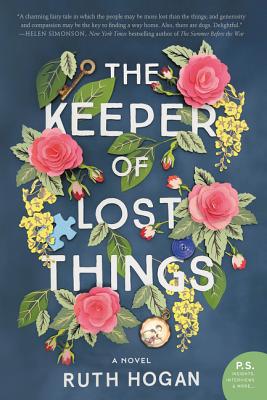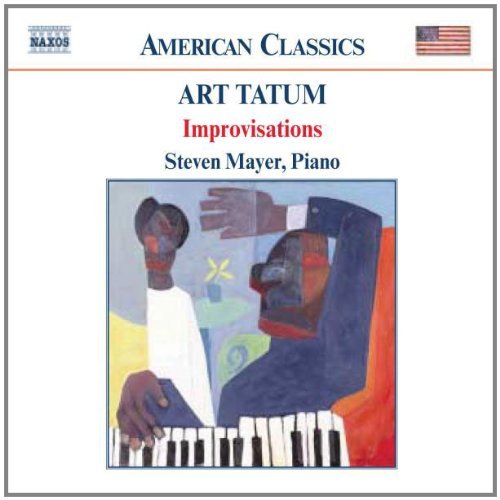Item is not available
member goods
No member items were found under this heading.
listens & views

LAST TANGO IN BUENOS AIRES ...
by LAST TANGO IN BUENOS AIRES / VARIOUS
COMPACT DISCout of stock
$12.49
Return Policy
All sales are final
Shipping
No special shipping considerations available.
Shipping fees determined at checkout.






